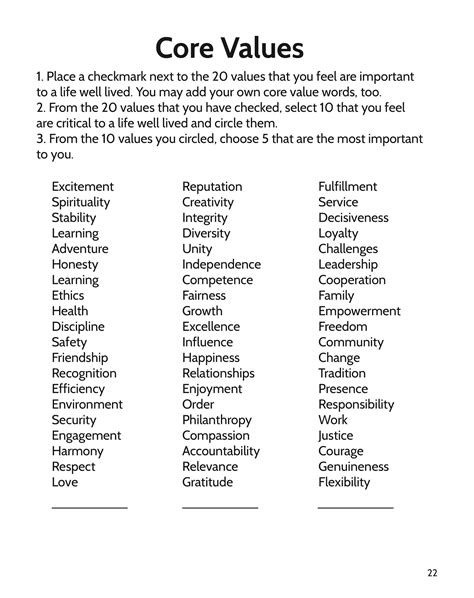Maintaining motivation for daily habits often feels like a constant uphill battle. We start with enthusiasm, but as the novelty wears off, so too does our drive. The secret to long-term adherence isn’t just about willpower; it’s about cultivating a specific mindset that transforms effort into an integral part of who we are. By shifting our perspective, we can create a sustainable engine for consistency, even when motivation naturally ebbs and flows.
From Outcome Obsession to Process Appreciation
One of the biggest pitfalls in habit formation is fixating solely on the end goal. While having a vision is important, true sustainability comes from learning to love (or at least appreciate) the process itself. Instead of thinking, “I need to lose 10 pounds,” try, “I am a person who enjoys nourishing my body daily.” This subtle shift changes the focus from a distant outcome to an identity-aligned action. Celebrate the act of showing up, not just the results.

Embrace the Imperfect Day
Perfectionism is the enemy of consistency. Many people abandon habits entirely after missing a single day, feeling like they’ve failed. A sustainable mindset understands that life happens. There will be days you’re tired, sick, or simply unmotivated. Instead of letting one missed day derail your entire progress, practice the “two-day rule” – never miss twice in a row. Acknowledge the slip, forgive yourself, and recommit the very next opportunity you get. This resilience is far more valuable than an unbroken streak.
Connect Habits to Deeper Values and Identity
Motivation is a finite resource, but purpose is not. When your daily habits are deeply connected to your core values and the person you aspire to be, they gain a profound staying power. Ask yourself: Why is this habit important to me? What kind of person do I want to become by doing this? For instance, exercising isn’t just about fitness; it might be about embodying self-care, discipline, or mental clarity. When your ‘why’ is strong, the ‘how’ becomes much easier.

Cultivate Self-Compassion, Not Self-Criticism
Beating yourself up for perceived failures is a surefire way to kill motivation. Research shows that self-compassion is a stronger motivator for positive change than self-criticism. Treat yourself with the same kindness and understanding you would offer a friend struggling with the same challenge. Understand that setbacks are part of the human experience and an opportunity for learning, not a reason to give up. This gentle approach fosters psychological safety, making it easier to try again.
Focus on Small Wins and Compounding Efforts
The power of tiny habits cannot be overstated. Instead of aiming for monumental changes, focus on incredibly small, actionable steps that are almost impossible to fail. A five-minute walk, one paragraph written, or one glass of water. These small wins build momentum and reinforce your identity as someone who follows through. Over time, these consistent, small efforts compound into significant progress, often more than sporadic, heroic attempts.

Anticipate and Plan for Obstacles
A resilient mindset acknowledges that challenges are inevitable. Instead of being blindsided by obstacles, anticipate them. Think about potential triggers for skipping your habit – stress, fatigue, social events, or lack of time. Then, proactively plan your response. This “if-then” planning (e.g., “If I’m too tired to go to the gym, then I will do a 10-minute home workout instead”) creates a contingency plan that prevents immediate derailment and keeps your habit alive through various circumstances.

Conclusion: The Marathon, Not the Sprint
Sustaining motivation for daily habits isn’t about an endless surge of energy; it’s about cultivating a resilient, compassionate, and purpose-driven mindset. By shifting your focus from outcomes to process, embracing imperfection, connecting to your values, practicing self-compassion, celebrating small wins, and planning for inevitable obstacles, you transform your approach from a sprint of willpower into a sustainable marathon of consistent, meaningful action. It’s not about being motivated every single day, but about having the mindset to keep going even when you’re not.




